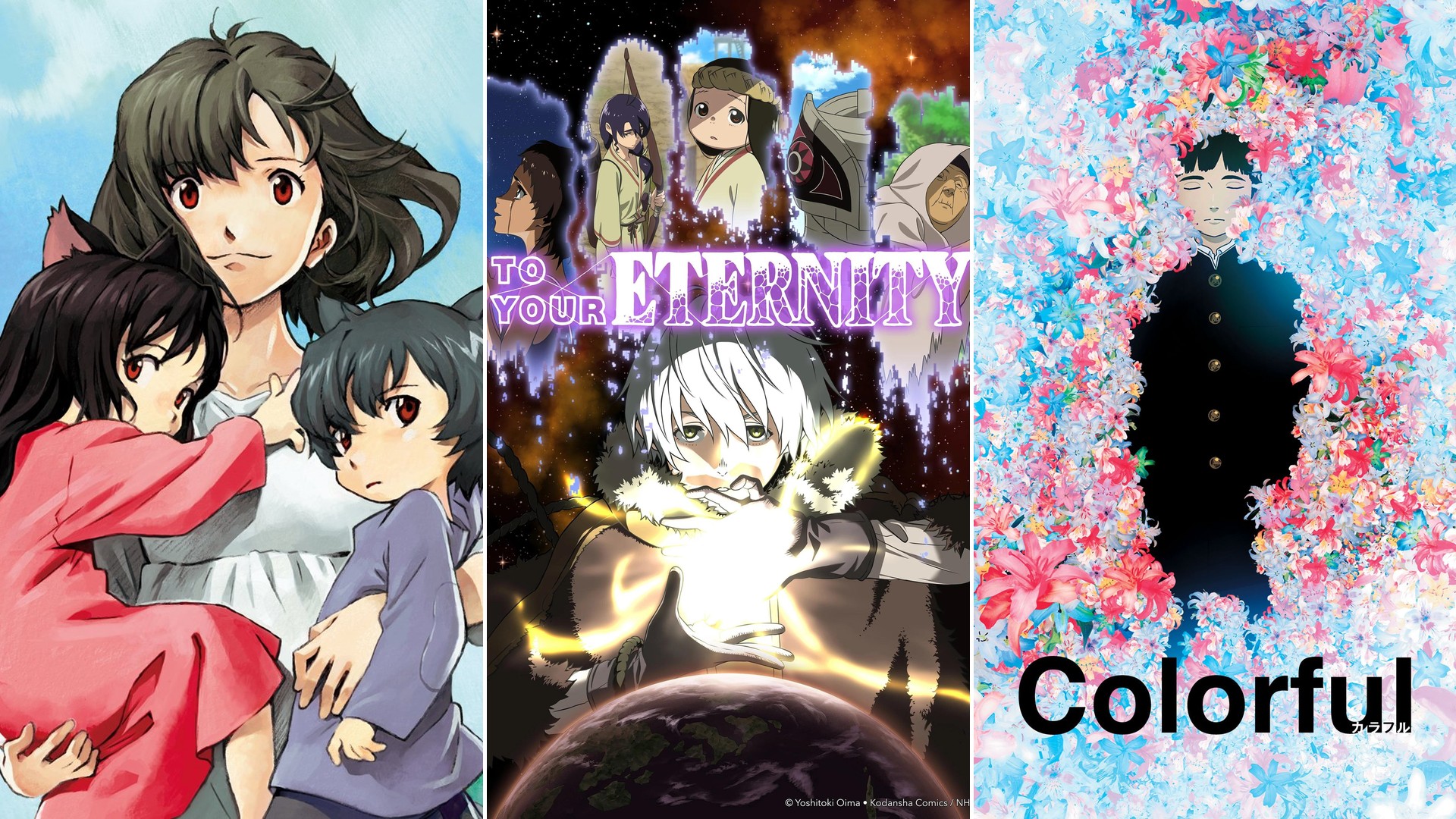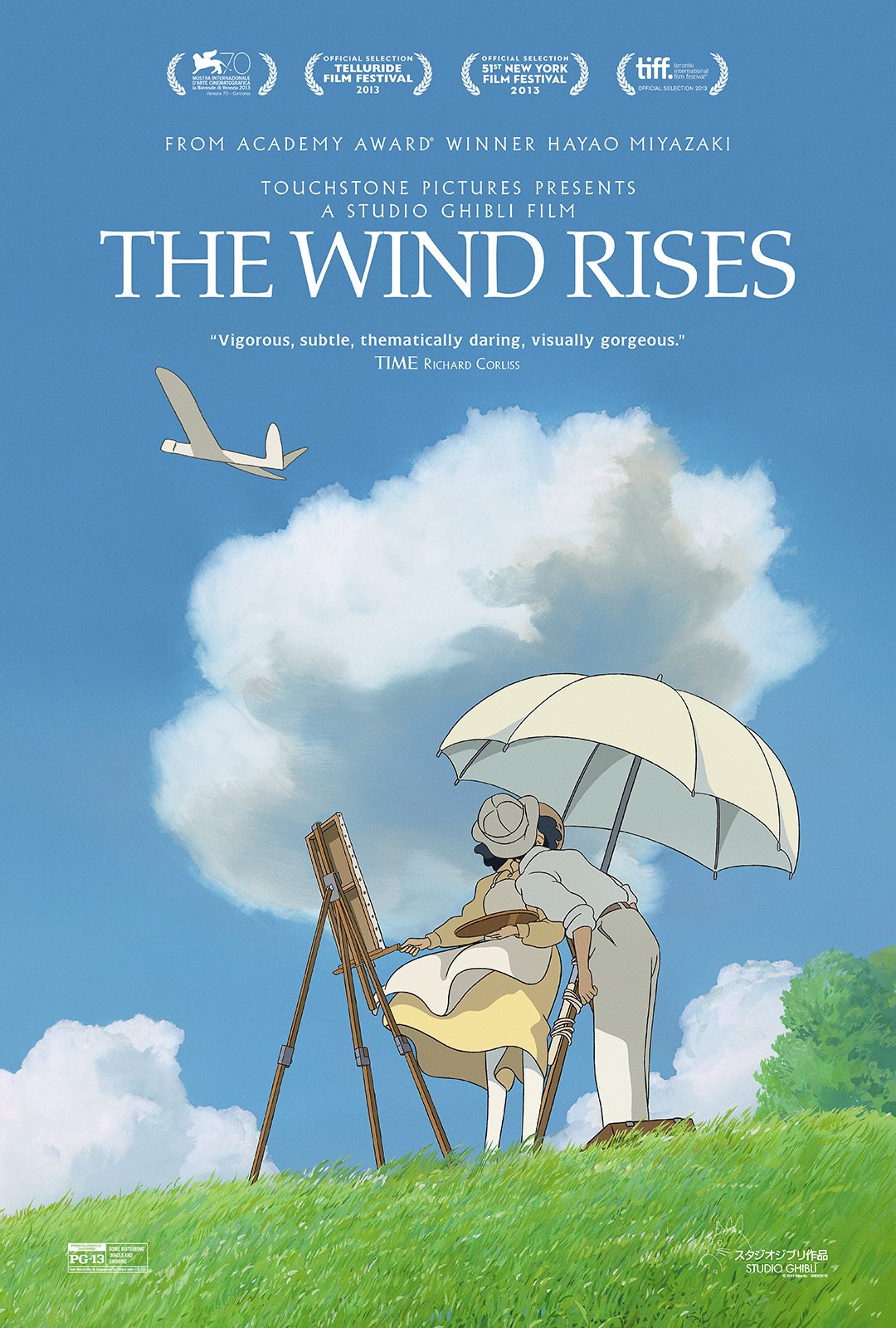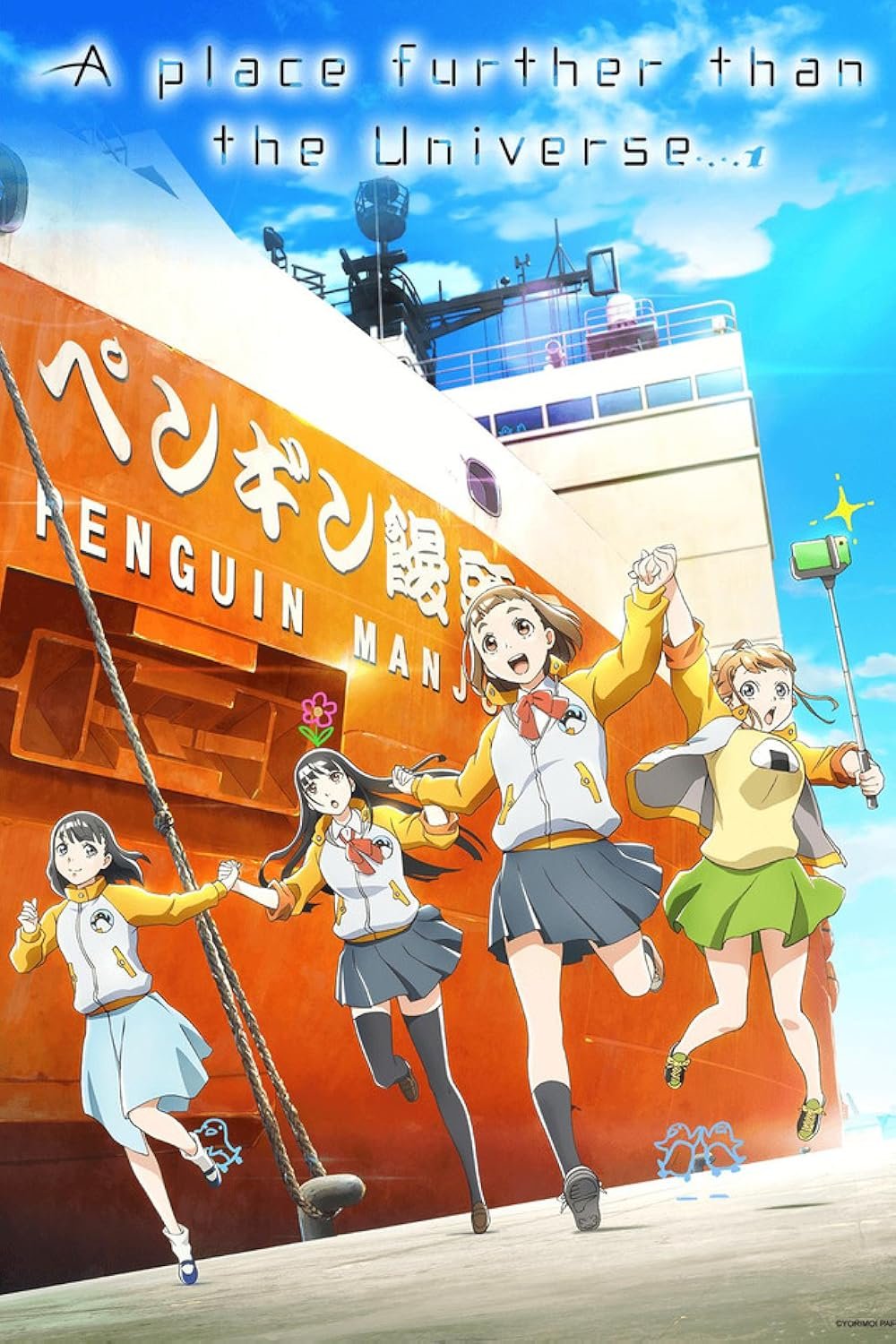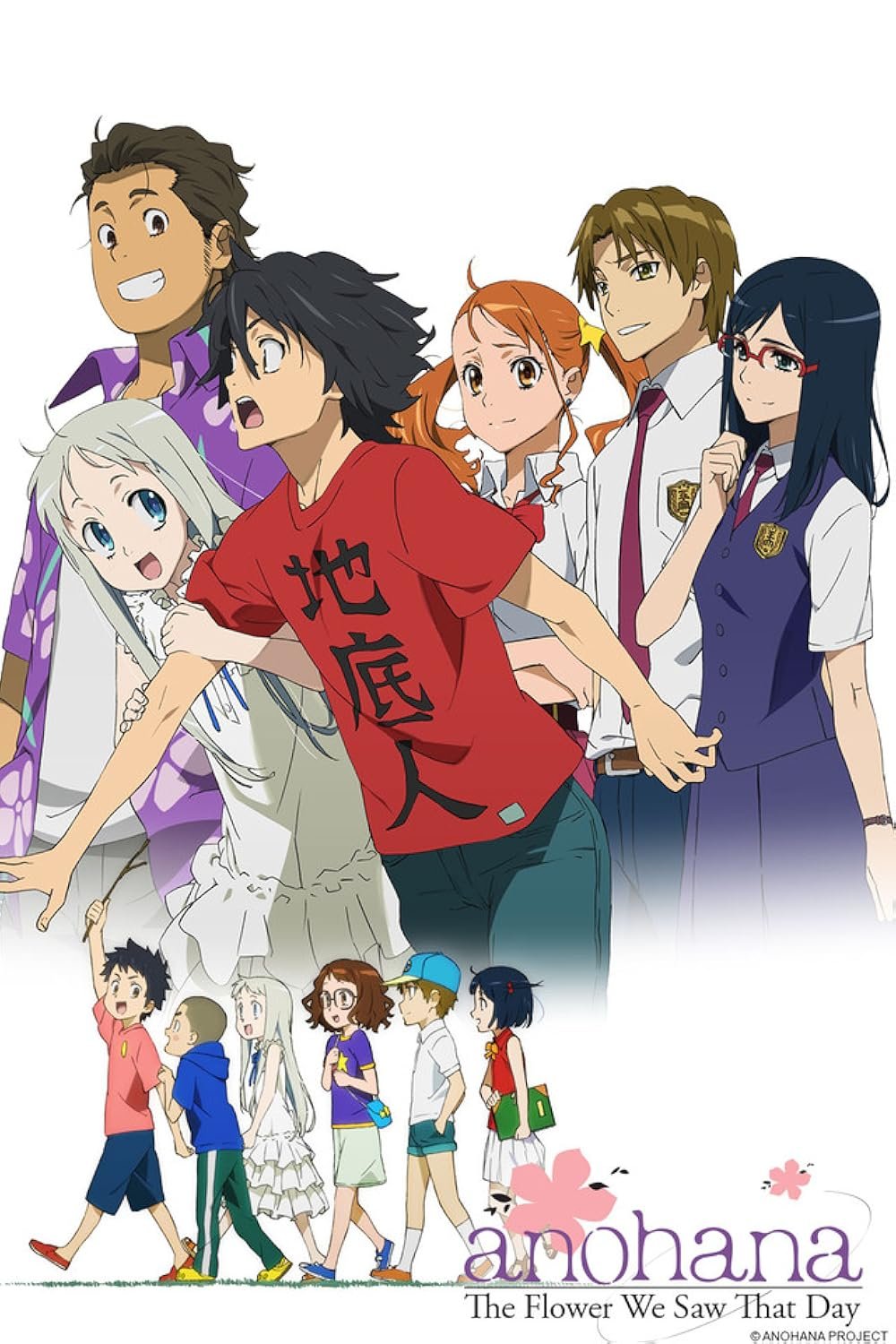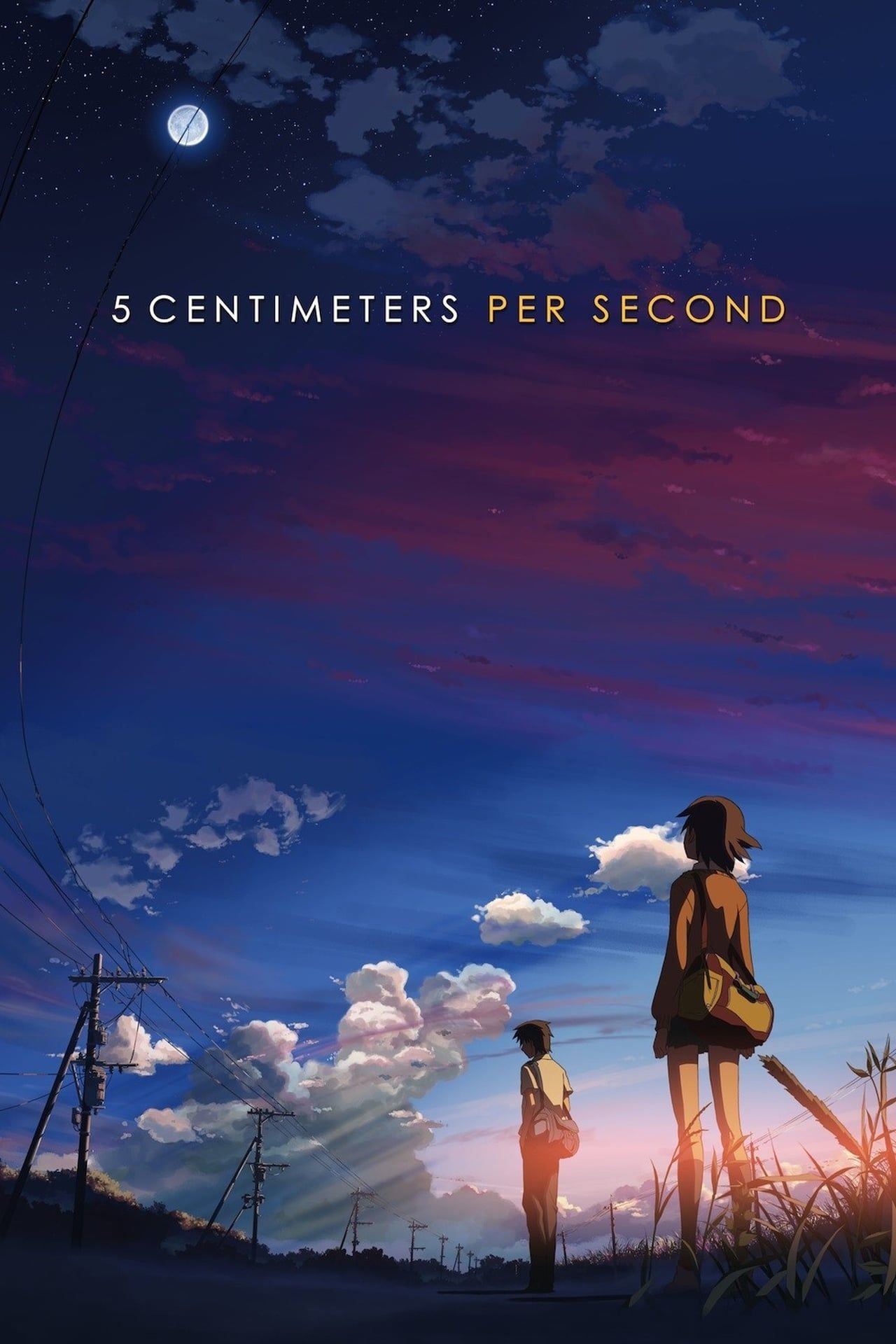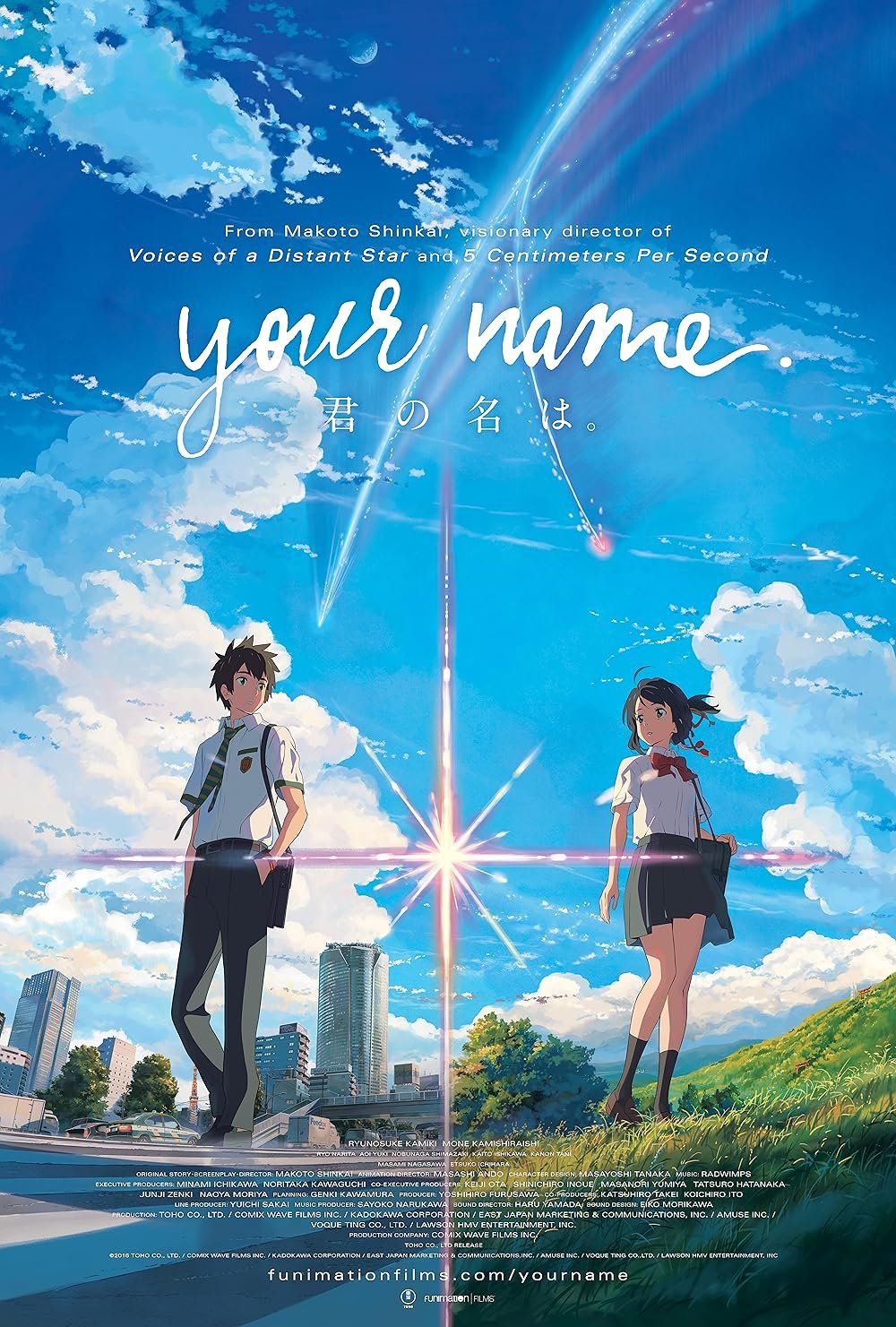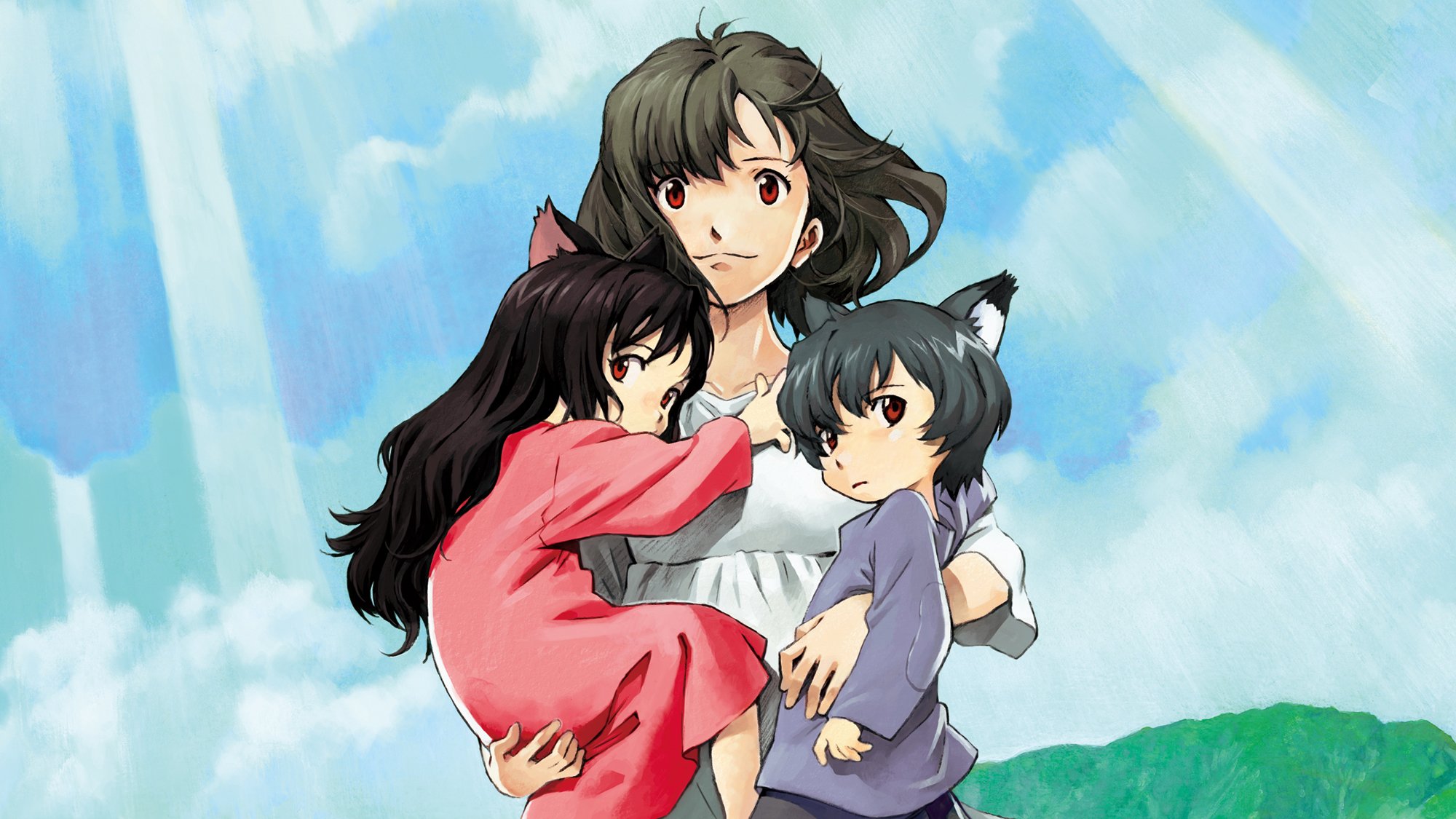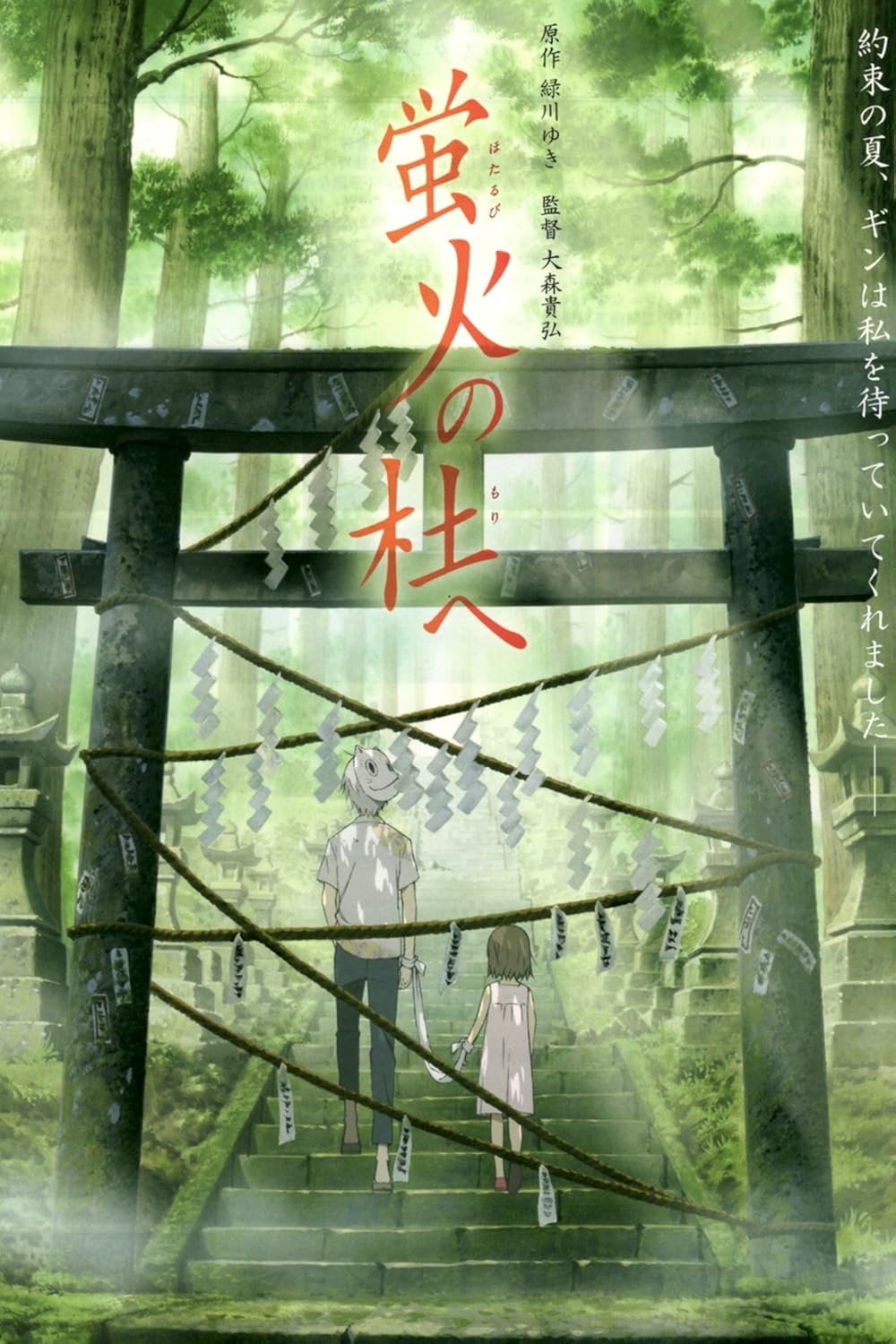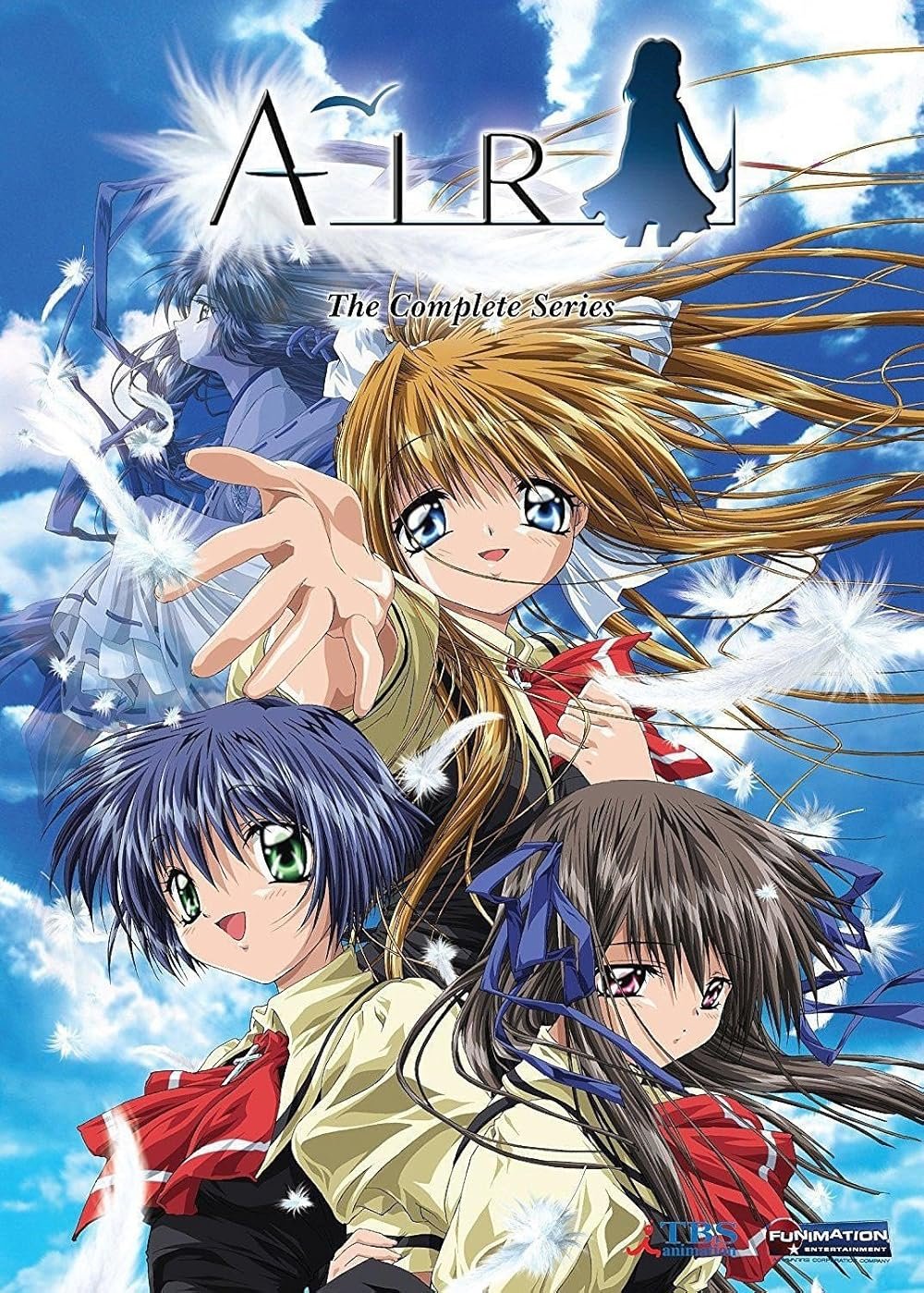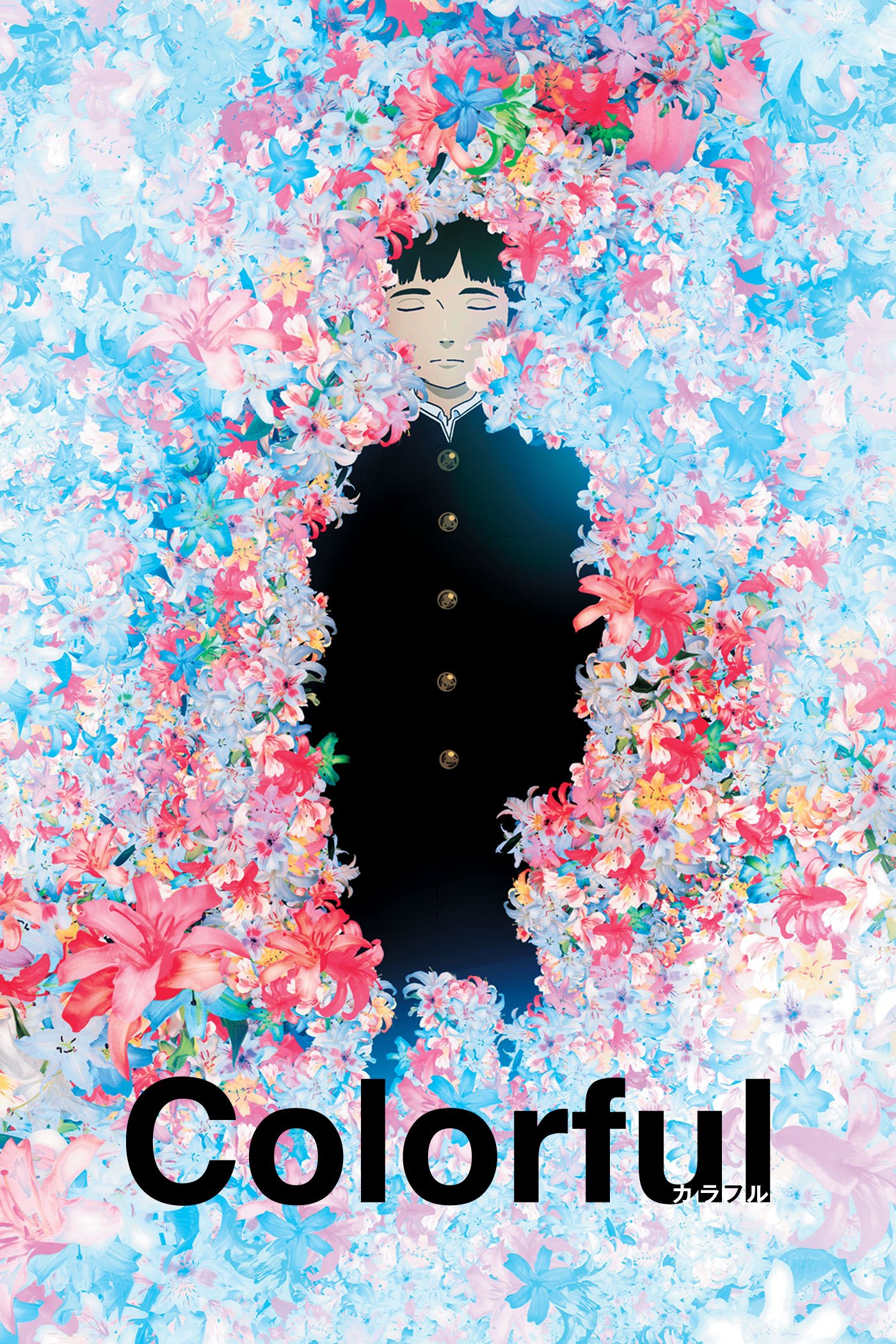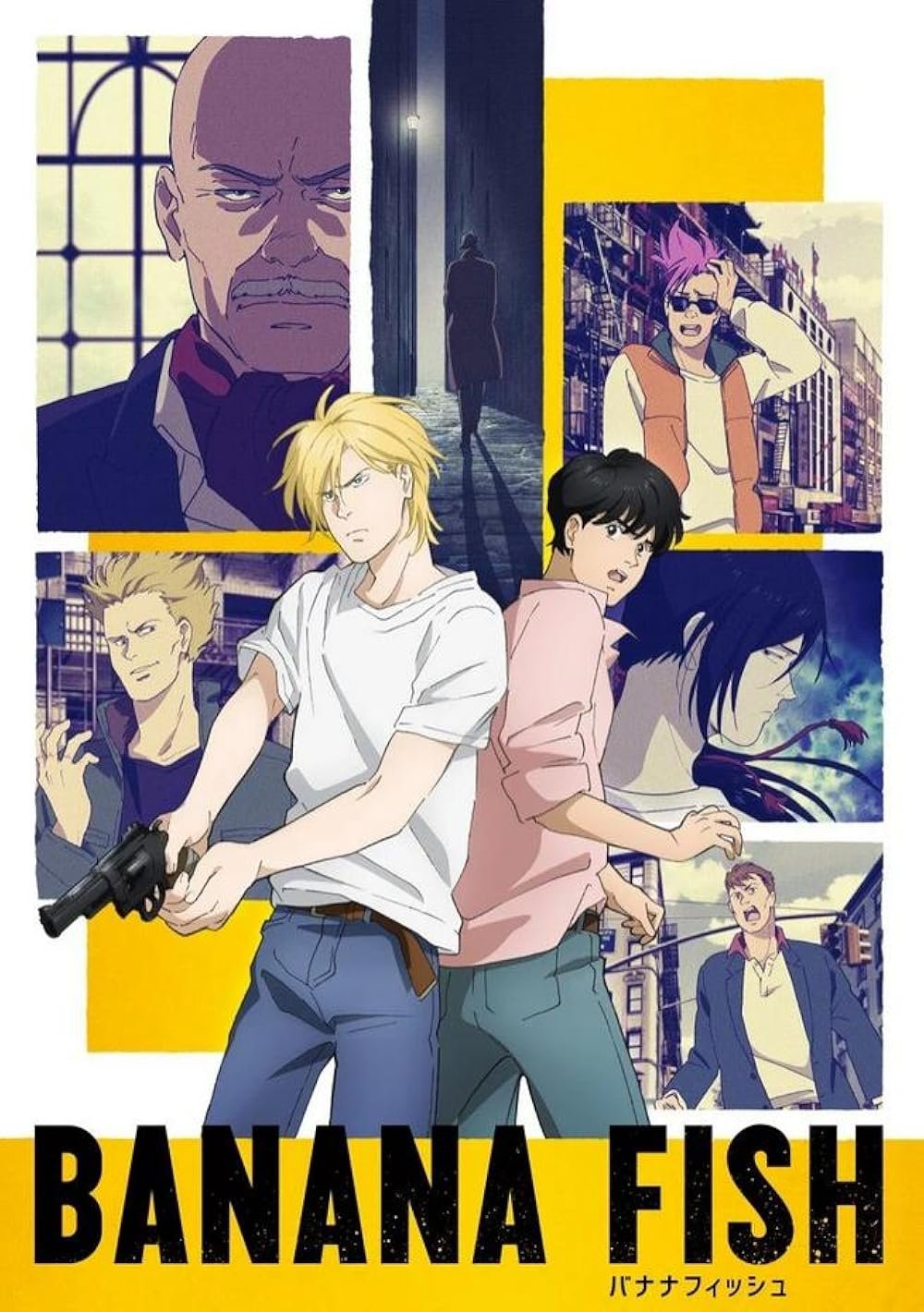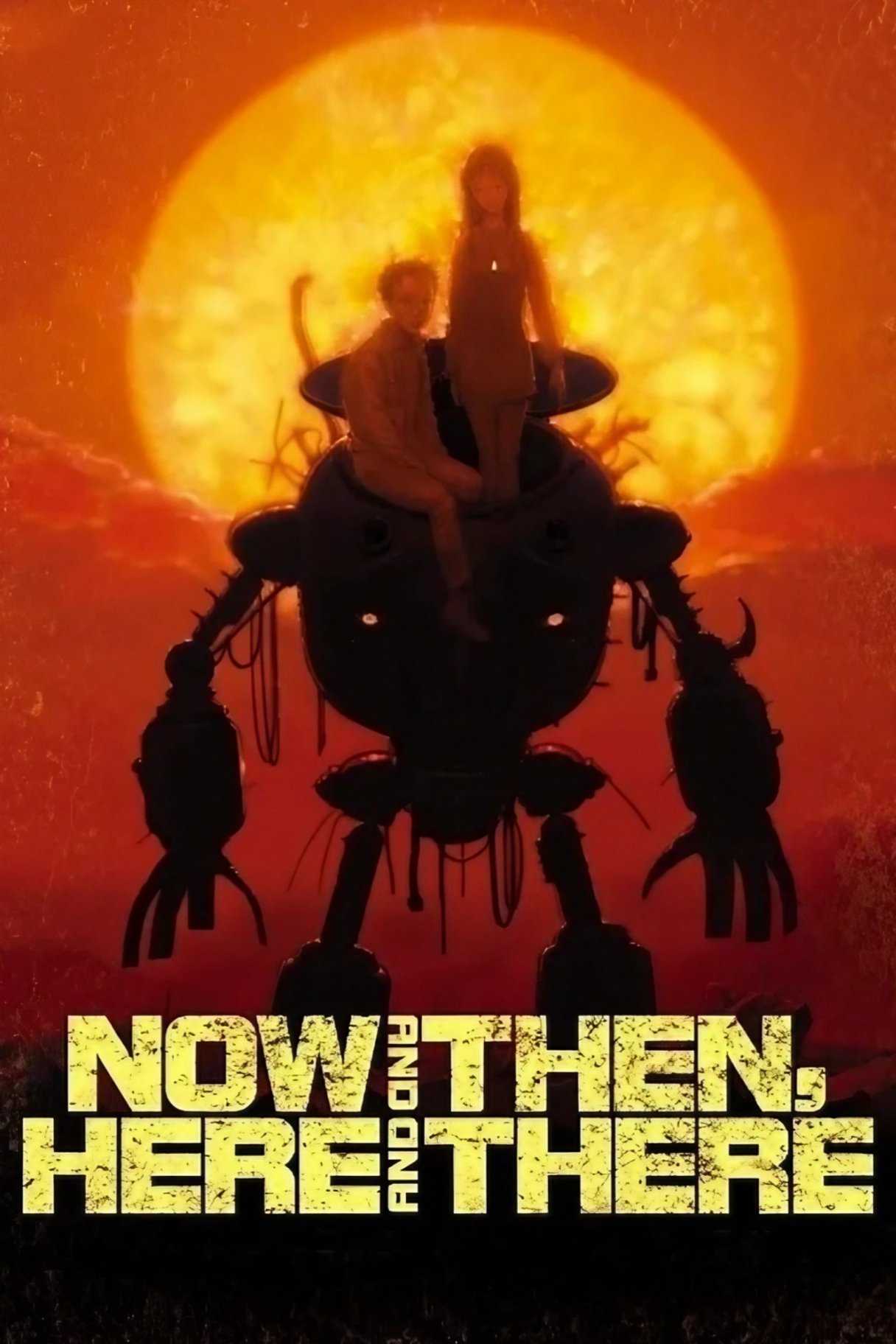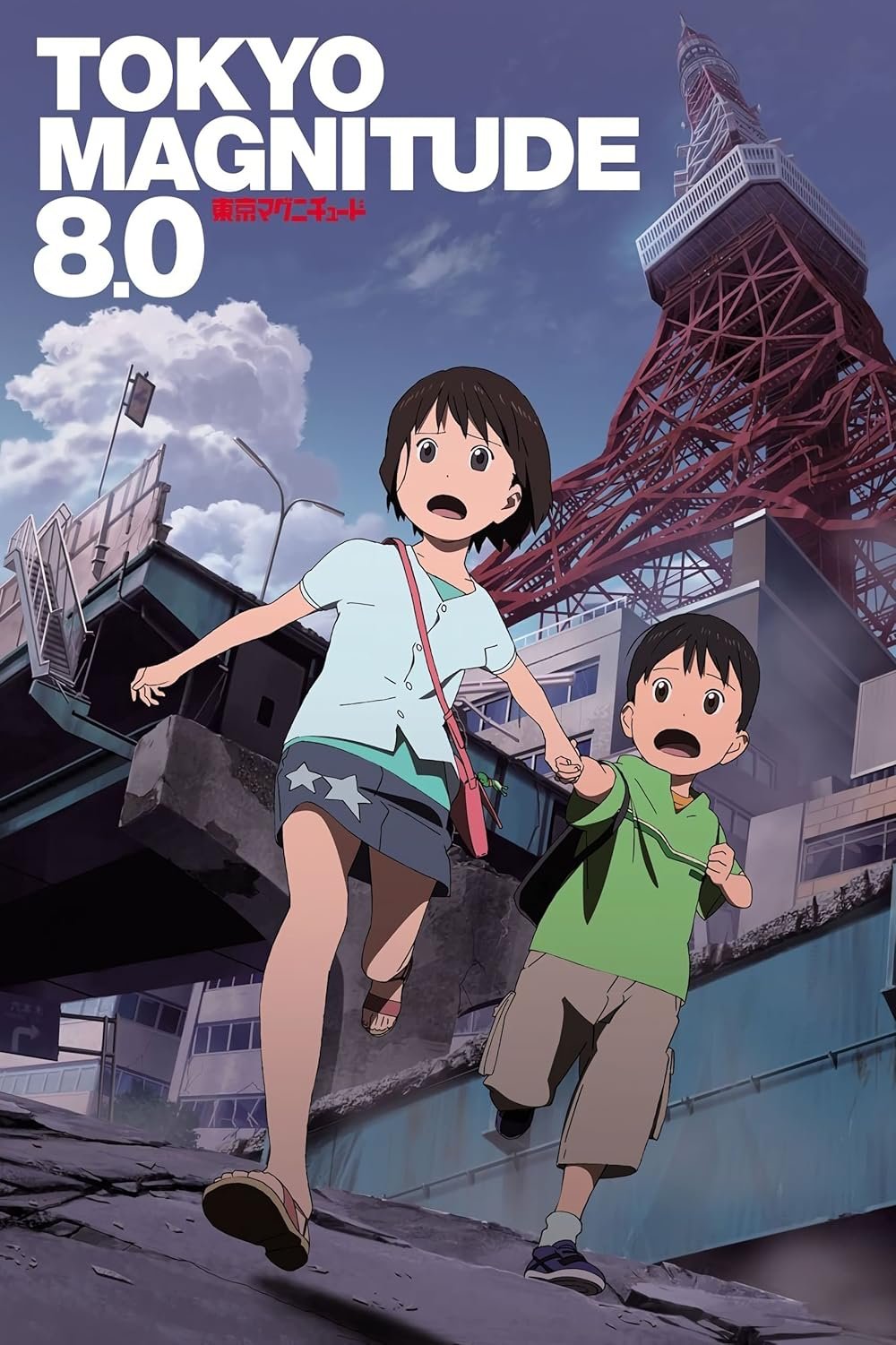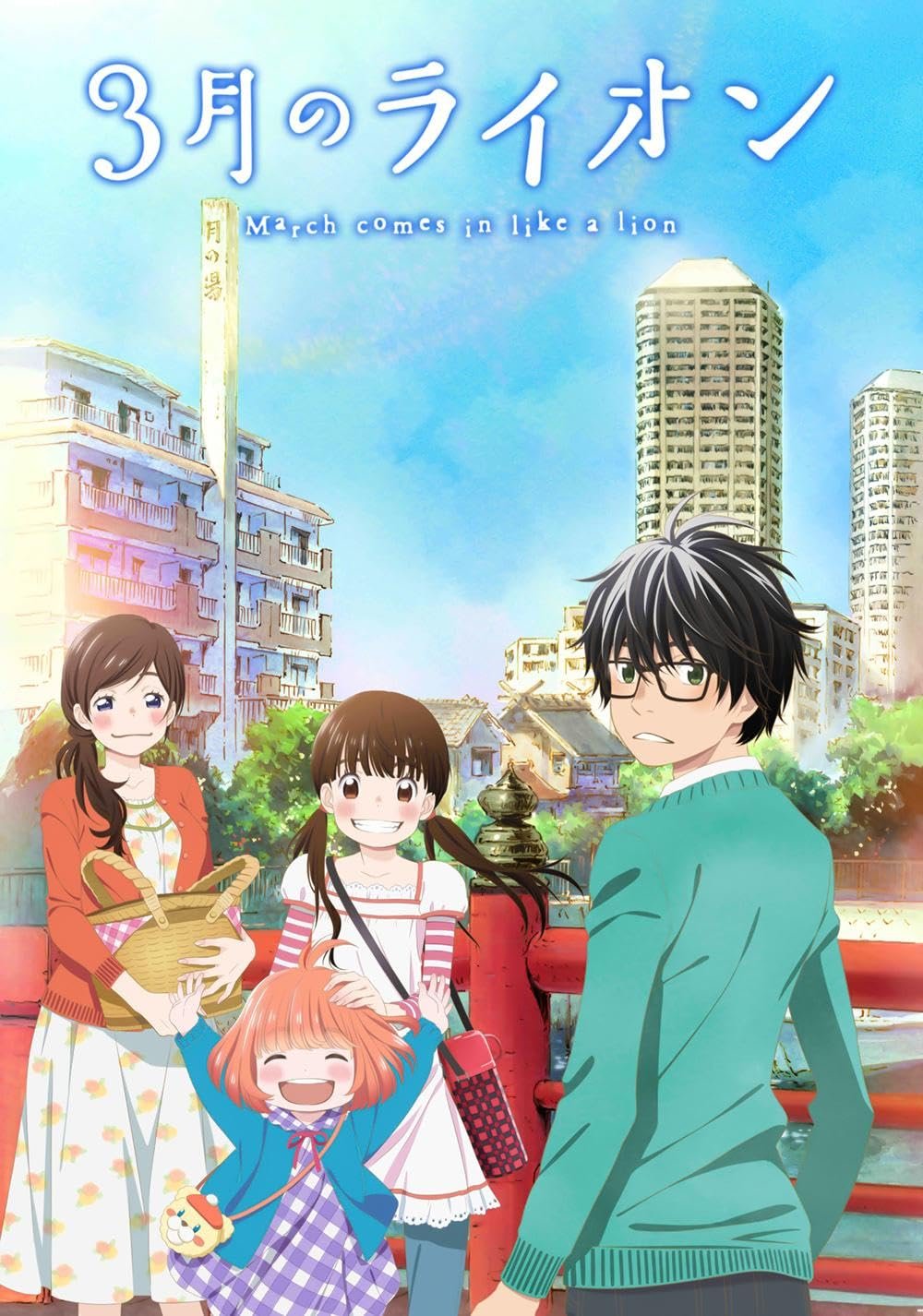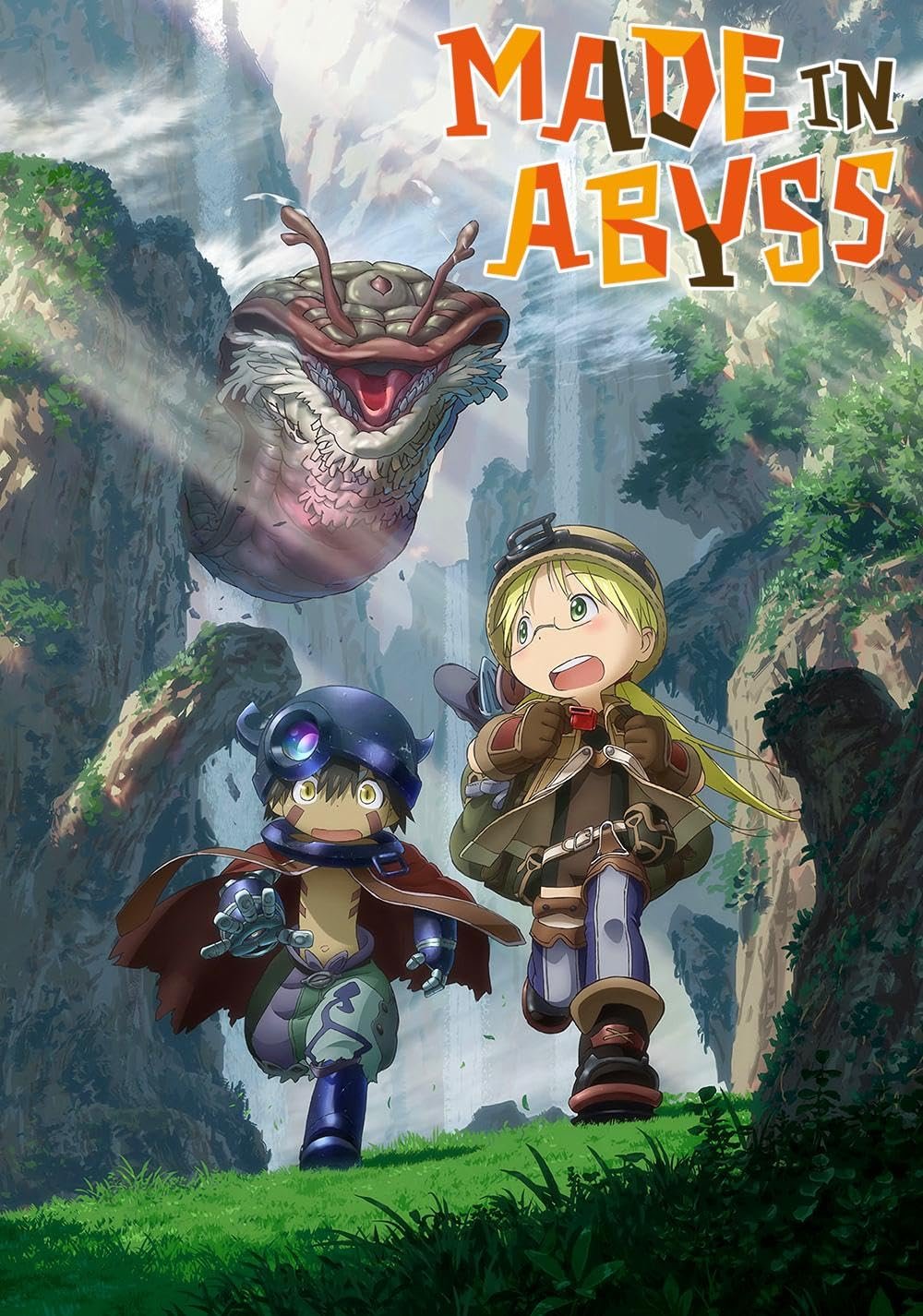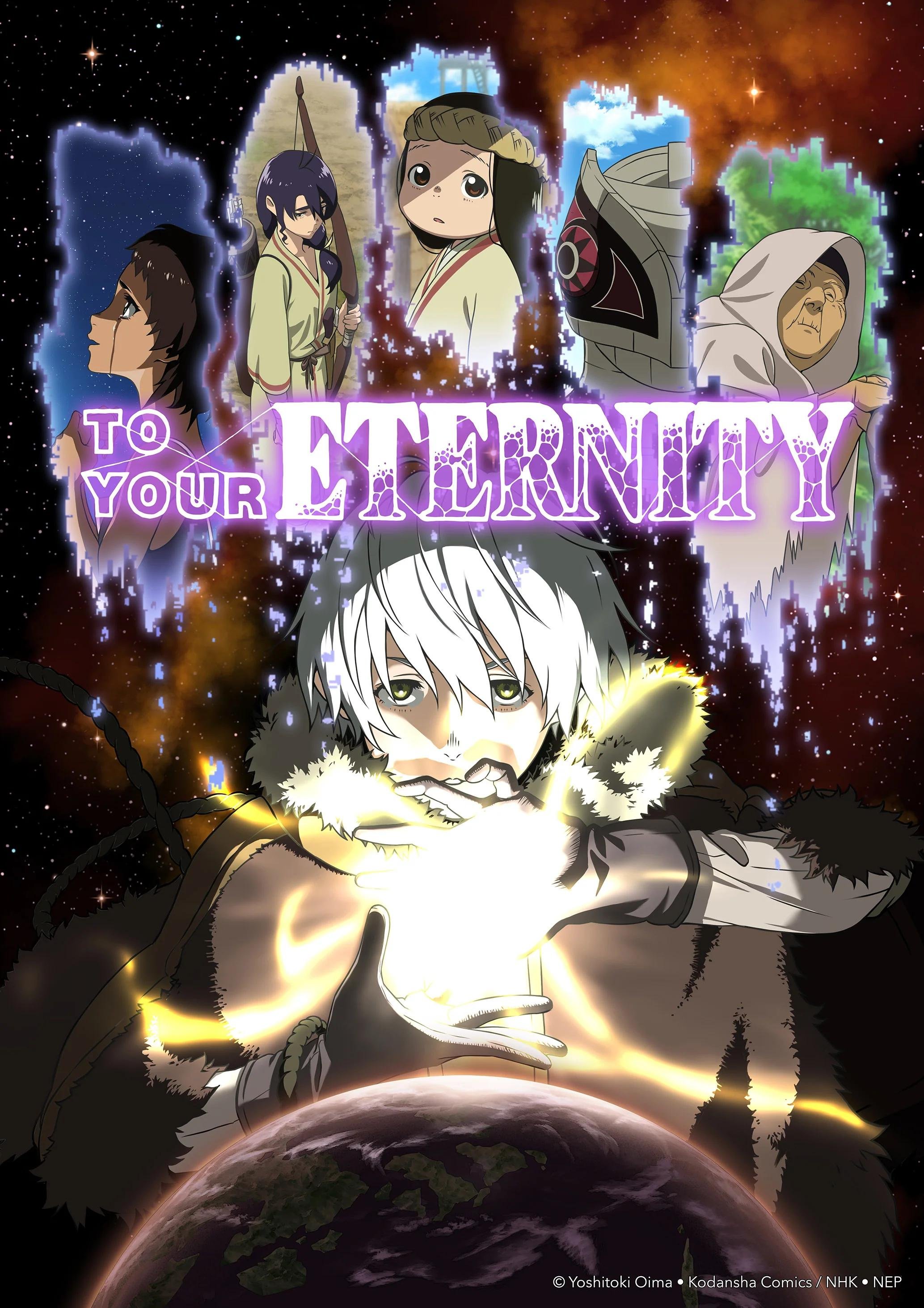The titles here are ranked from moving to devastating, counting down to the most heartbreaking pick. Expect stories about loss, growing up and the cost of big choices. Some end with hope, others do not, but each earns a place for its emotional weight.
Minor plot details are mentioned to explain why each entry hits so hard. If you want to avoid spoilers, skim the first paragraph under each heading. The later paragraphs go deeper into what makes the sadness stick.
25. The Wind Rises
Hayao Miyazaki’s film follows Jiro, an engineer who pursues the beauty of flight while living through turbulent times. The love story with Nahoko and the dream talks with Caproni give the film a quiet, aching tone.
The sadness comes from Jiro’s talent fueling planes for a war he cannot control. His personal joy is always set against larger tragedy, which makes the final note feel fragile rather than triumphant.
It is not misery for shock value. The film asks what it means to chase dreams when the world turns them into something else and that moral weight lingers with a gentle, bitter aftertaste.
24. A Place Further Than the Universe
This looks like a bright travel show, but the trip to Antarctica carries real grief. Shirase wants to face what happened to her mother and every milestone brings a mix of pride and pain.
The group’s friendship is the cushion that makes the heavy moments land. When the laptop scene unfolds, the weight of absence becomes clear without melodrama and it reframes the entire journey as a way to say a late goodbye.
Music and pacing do a lot of work. The show gives time for silence, which makes the eventual tears feel earned. That balance of goofy detours and raw honesty is why it stings.
By the end, the girls are not healed so much as changed. The series respects how grief keeps living with you and that restraint is its strength.
23. Anohana: The Flower We Saw That Day
A childhood group is broken by a friend’s death and years later her ghost appears to push them to face it. The show is direct about regret, guilt and the way people drift while carrying the same wound.
Each character processes loss in a different way, which keeps the drama grounded. When secrets come out, they sound like things people actually say when they finally confront grief, not grand speeches.
The ending is both cathartic and painful. Closure does not erase the past, but it lets the group move forward with love instead of shame and that shift feels real.
22. 5 Centimeters per Second
Makoto Shinkai captures distance in small ways: trains, missed calls and snowy nights that swallow time. The sadness is quiet, built from moments where life does not bend to young love.
The first chapter’s letters and delays show how even strong feelings can fade under daily weight. There is no villain here, just the slow gravity of growing up and choosing different paths.
The final crossing is not a dramatic twist, it is a shrug from fate. That calm refusal to give a grand reunion is what makes the film’s melancholy last, as if the world simply kept moving.
Shinkai’s framing and music carry the load. Every cut is designed to underline distance and it turns a small story into a lasting ache.
21. Your Name
Two teens connect across a strange link that flips their lives. What starts like a fun body swap turns into a race against disaster and forgetting.
The gut punch is the fear that a perfect connection can vanish with time. When memories slip, it feels like losing a person twice and the film rides that tension without cruelty.
What makes it sad is not just what happens, but what almost does not happen. The thread theme turns hope into a choice you keep making, even as details fall away and that idea is quietly devastating.
20. Wolf Children
Hana raises her son and daughter alone after losing the man she loves. The story is about parenthood and how letting go can hurt more than holding on, even when it is the right thing.
Each child chooses a different path and the film respects both. The push and pull between safety and freedom turns everyday moments into stakes that feel huge to a parent, which the film shows with patience and care.
The final storms are emotional as much as physical. Hana’s courage is quiet, the kind of strength that comes from showing up every day and that is why the tears feel honest.
It is sad because love does not shield you from change. It only gives you the will to accept the cost and that truth lands hard.
19. Hotarubi no Mori e
A girl and a spirit share summers where they cannot touch. The rule is simple and cruel and every meeting builds a hope you know will not last, which creates a gentle tension.
The festival scene turns the rule into fate. One brief embrace costs everything and the film lets silence carry the loss instead of speeches.
Its power is in restraint. With minimal worldbuilding, it paints a complete, tragic love and leaves you with the echo of what could never be, which is quietly brutal.
18. Air
Key’s summer story looks bright but hides a centuries-old curse. Misuzu’s journey captures how illness and fate can trap a family in a loop that feels impossible to break, which makes small joys precious.
The seaside setting and childish play are not filler. They make the decline hit harder, because you can measure what is lost in simple, everyday scenes.
The ending is famous for leaving you with a hollow kind of warmth. It suggests love matters even if it cannot fix the outcome and that mix is what sticks.
Air is not for everyone, but if the rhythm works for you, it delivers a clean, sad summer that lingers like heat on pavement.
17. Colorful (2010)
A lost soul wakes in a teenager’s body with a second chance to face regret. The film deals with bullying, family strain and a past attempt on life with a steady, empathetic hand.
It does not excuse bad choices. Instead, it shows how shame and secrecy twist people until they feel stuck and then lets them find a small path out.
The reveal recontextualizes earlier scenes without turning the story into a trick. The point is that choosing to live is itself a courageous act and that message lands quietly.
16. Assassination Classroom
A class learns from an eccentric teacher they are told to kill. The premise sounds wild, but the heart of the show is growth, belonging and the countdown that never stops, which adds constant pressure.
Every victory is bittersweet because the end is set. The students gain skills and confidence under a deadline that points to a goodbye they cannot avoid.
When the day comes, the series does not flinch. It gives space to grief and gratitude, turning a strange setup into a very human farewell.
The sadness is clean, born from earned bonds. You feel how teaching can change a life, even if the teacher’s own life must end.
15. Banana Fish
Amid gangs and conspiracy, two boys find a bond that feels like safety in a violent world. The drug at the story’s center is monstrous, but the quiet scenes between Ash and Eiji are what make the losses hurt.
The series is frank about trauma. It shows how past abuse warps trust and how one person’s kindness can still cut through fear, if only for a while.
Even hopeful moments feel temporary. That sense that peace is always about to be taken is what makes the final stretch devastating.
Also Read
10 phrases that sound supportive but are actually a subtle sign of manipulation
14. Now and Then, Here and There
A cheerful boy is thrown into a dry, war-torn world that chews up children. It is direct and hard to watch, because it refuses to dress violence as adventure, which adds a heavy sobriety.
Water is the currency and kindness is rare. When it appears, it glows, which only makes the next cruelty feel more vicious.
The show argues that hope is a choice you make without proof. That makes every act of protection feel heroic, even when outcomes are bleak.
It earns its place not by shock, but by honesty. It looks at exploitation straight on and that clarity is unsettling.
Also Read
10 Phrases That Sound Supportive But Are Actually a Subtle Sign of Manipulation
13. Tokyo Magnitude 8.0
Two siblings are caught after a massive earthquake and try to get home with the help of a stranger. The realism makes early scenes tense and the later twist even harder to accept.
The show uses routine details to keep the disaster grounded. Shelters, blocked roads and exhaustion push the story forward with credibility rather than spectacle.
The final revelation reframes earlier episodes in a way that feels inevitable. It is a reminder that not every journey ends with a full reunion, which lands like a quiet blow.
12. March Comes in Like a Lion
Rei is a young pro at shogi who deals with loneliness and depression. The Kawamoto sisters offer warmth that helps him find a way to stand on his own, slowly and with setbacks.
Also Read
People With Low Emotional Intelligence Often Miss These 6 Social Cues
The show’s sadness is everyday pain. Bullying, burnout and grief are shown with care, so progress feels real and hard earned.
When victories arrive, they are quiet. A meal, a smile, or a small decision becomes huge, because the baseline is numbness and isolation.
It is not despair for shock. It is a patient portrait of healing, which is its own kind of tearjerker.
11. Made in Abyss
Children descend into a pit full of wonders that demand a price. The beauty of the world makes the cruelty stand out and the show never lets you forget that curiosity here can ruin a life.
Also Read
8 Weird Habits You Don’t Realize You Have From Growing Up In A “We Can’t Afford It” Household
Nanachi and Mitty’s story is the core wound. It is presented without sensationalism, which makes the ethical horror feel personal and hard to shake.
Later arcs raise the risks while keeping the sense of discovery. That contrast, awe beside suffering, is what gives the series its sting.
10. Puella Magi Madoka Magica
Contracts promise power with hidden costs. The show takes bright magical girl imagery and reveals a machine that grinds hope into fuel, which creates a specific, cold kind of sadness.
Homura’s struggle adds depth. Repeating time for someone you love turns victory into treadmill work and the show makes that burden feel heavy without losing pace.
Also Read
10 Phrases That Sound Supportive But Are Actually A Subtle Sign Of Manipulation
Each collapse follows rules the series explains. That clarity makes the tragedies feel inevitable, which is more devastating than surprise alone.
The ending offers scale and sacrifice. It is sad with purpose and the purpose is stitched into every choice the girls make.
9. To Your Eternity
A being learns to be human by losing the people who teach it love. Each arc creates a small world, lets you care and then takes it away to show how memory shapes a soul.
Deaths are not there to shock. They are the engine of growth, which makes them feel both cruel and meaningful, depending on where you stand.
Also Read
8 Cringey Phrases Older Relatives Use at Family Dinners That Younger Guests Dread
The series keeps asking what parts of a person we carry forward. The answer is messy, but the act of remembering becomes a promise that hurts to keep.
8. Plastic Memories
Partners collect androids with expiring lifespans and one of them is nearing her own end. The premise ensures there is no miracle to save what they have, which creates focused, simple sorrow.
The show spends time on routine work. Those cases mirror the main couple and keep reminding you that goodbyes are the job, not an exception.
When the last date arrives, it is quiet. The restraint lets the final moments feel human, even in a sci-fi setup.
The sadness lands because everyone is honest about the clock. Love does not argue with it, it chooses to make what time is left matter.
